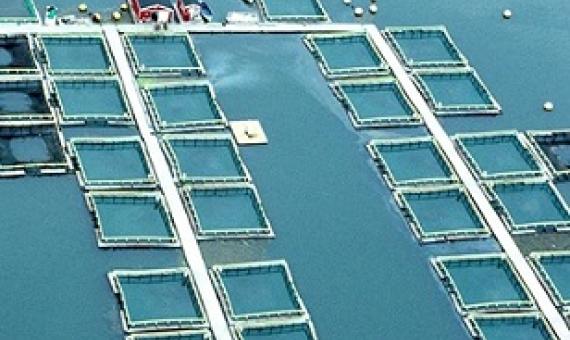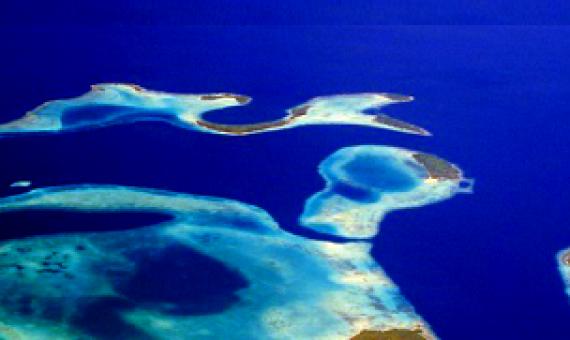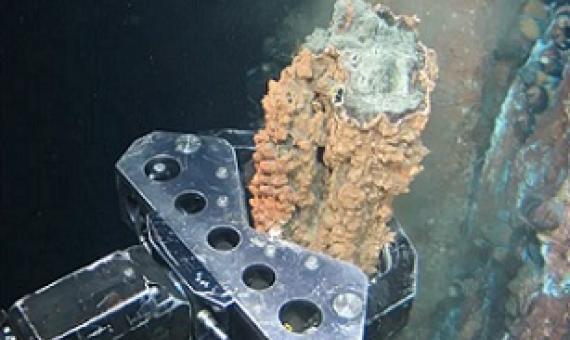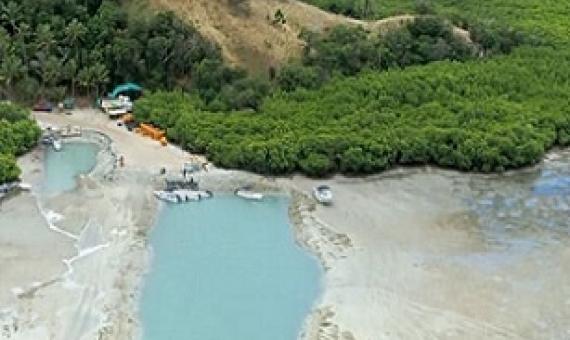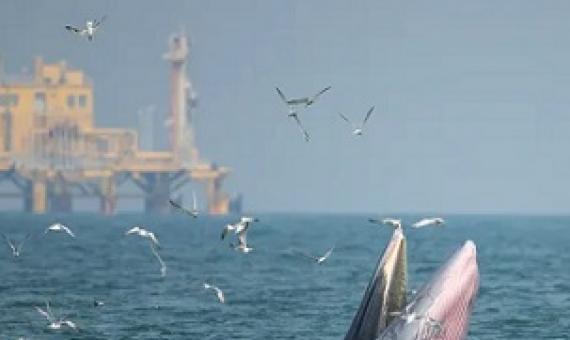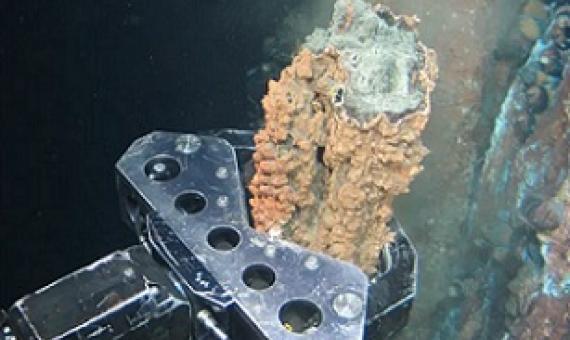A Fijian conservationist opposing a Suva tourism development with an estimated price tag of $US300 million is encouraged that the government has indicated that the development may not get under way...The Chinese developers, Tian Lun Investment Ltd, plan to build on an area around one of Suva's la
Industrial chicken and salmon farms are found around the world, but nearly all of the environmental burden of these operations is concentrated on geographical hotspots, according to a study.
Plundering the Pacific for its rich natural resources has a long pedigree...There are worrying signs history may be about to repeat, as global demand soars for minerals critical to the clean energy transition.
New research published in July in the journal Science provides one of the first estimates of the likely reach of deep-sea mining noise generation, finding that a single mine site could produce noise extending hundreds of kilometers, dramatically increasing the environmental foo
A Chinese company that dug a channel through mangroves and a coral reef to provide access to a multi-million-dollar resort and casino development on a Fijian island has been fined $FJ1 million ($650,000) by the High Court in Suva. The company was found guilty in April last year of
Assessment of scientific gaps related to the effective environmental management of deep-seabed mining
A comprehensive understanding of the deep-sea environment and mining’s likely impacts is necessary to assess whether and under what conditions deep-seabed mining operations comply with the International Seabed Authority’s obligations to prevent ‘serious harm’ and ensure the ‘effective protection of the marine environment from harmful effects’ in accordance with the United Nations Convention on the Law of the Sea.
New research, co-authored by oceanographers at the University of Hawai‘i at Mānoa, warns there are too many unknowns for deep-sea mining.
Deep sea hydrothermal vents harbor some of the most extraordinary species on our planet.
Compared to all other institutions in the world, corporate enterprises have the most significant impact on the environment. According to the Carbon Majors Report published by the Carbon Disclosure Project in 2017, 100 companies are responsible for 71 per cent of global emissions.
The demand for minerals—specifically, strategic metals such as cobalt, nickel, copper, and manganese—has been steadily increasing with population growth and changing consumption patterns in the developing world.


